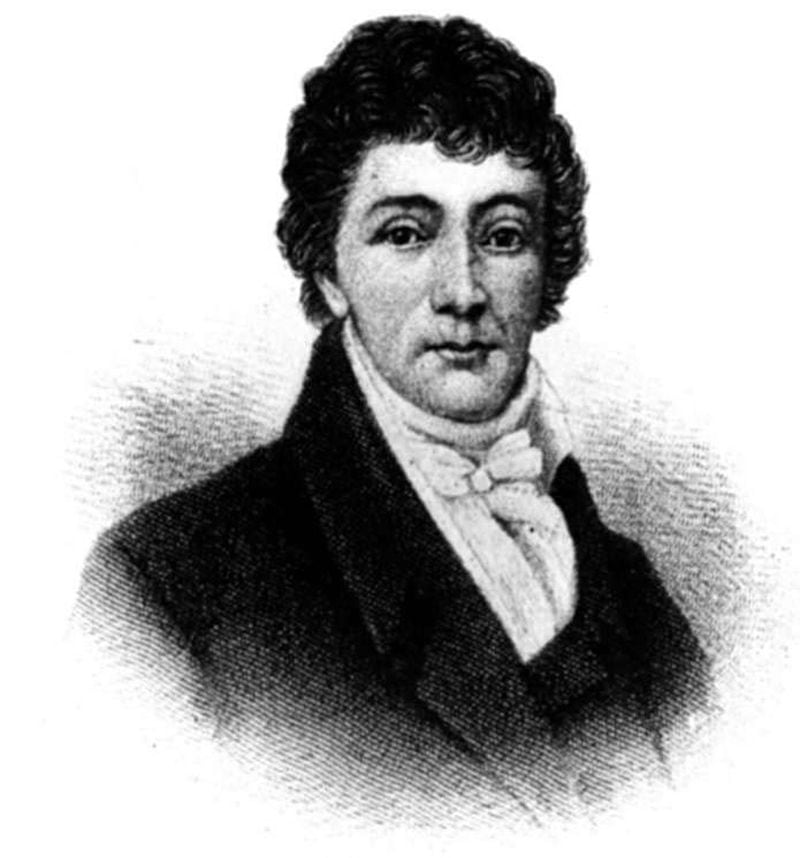African-American athletes might have more than one reason to take a knee during the National Anthem.
As national conversation turns to protests during football games, there is renewed attention to the anthem itself, and its problematic origins.
"A lot of people aren't aware of what the full song is," said Duane Saunders, a former student at Morgan State University, in Baltimore, who directed a documentary on the anthem produced during his senior year.
The documentary focused on the little-known third verse of the song, which criticizes the “hireling and slave” who fought on the side of the British in the War of 1812.
During that war, England offered African-Americans their freedom if they joined the fight against the Colonists. Thousands accepted the offer, and those black soldiers, called Colonial Marines, contributed to a decisive British victory at the Battle of Bladensburg, Md., on Aug. 24, 1814.
The loss at Bladensburg led to the British invasion of Washington and the burning of the White House.
Francis Scott Key, author of the lyrics to “The Star Spangled Banner,” was a lieutenant among the troops routed in that loss. When he watched the unsuccessful shelling of Baltimore’s Fort McHenry the next month, the Bladensburg loss may still have rankled, giving rise to these lines in the song’s third verse:
And where is that band who so vauntingly swore,
That the havoc of war and the battle’s confusion
A home and a Country should leave us no more?
Their blood has wash’d out their foul footstep’s pollution.
No refuge could save the hireling and slave
From the terror of flight or the gloom of the grave,
And the star-spangled banner in triumph doth wave
O'er the land of the free and the home of the brave.
In Saunders’ understanding, Key, who owned slaves, was directly condemning the black soldiers who joined the British.
Walter Olson, writing in The National Review, points out that nobody asked Key what he was implying. He adds that "slave" was a common epithet, hurled at blacks and whites, and that "hireling and slave" was likely a criticism of the British use of involuntary conscripts and mercenaries.
But Saunders is unconvinced. His attitude upon learning of the third verse was, “OK, this national anthem is not intended for African-Americans.” And considering that the NFL is predominantly black, he sees no inconsistency in protesting. “Why would I stand for something that’s not standing for me?”
On the other side, dissatisfaction with Francis Scott Key may have spurred vandals to deface a Baltimore statue of the composer with red paint and the slogan “Racist Anthem.”
DeWayne Wickham, dean of the School of Global Journalism and Communication at Morgan State, where the documentary was produced, said, “There are so many people who know so little about history, including, apparently, the president of the United States.”
Said Wickham, “I’m a Vietnam veteran and I’m not offended by someone who peacefully protests at the playing of the National Anthem. I frankly am more offended by people who wear the flag as a pair of short pants.”







